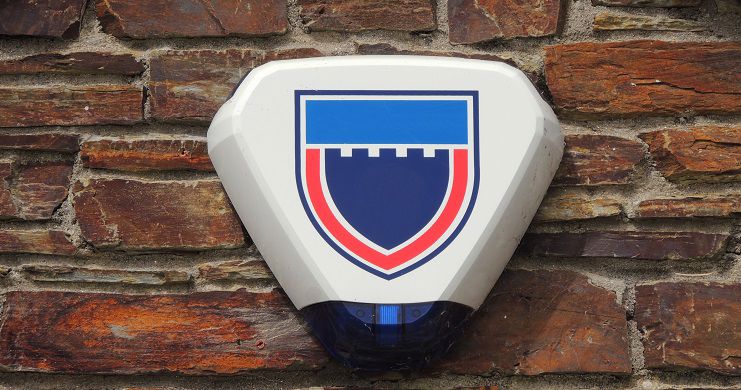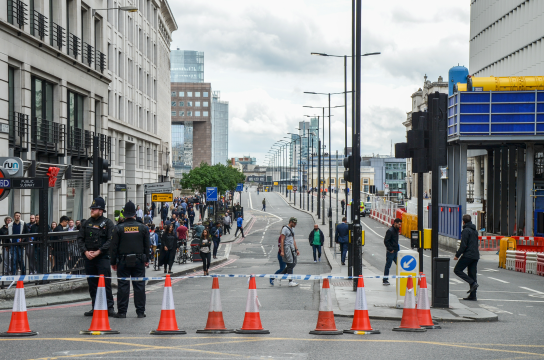We have identified how standard insurance programmes may not always be the most competitive. There are many other insurance-related costs that, if not known, can increase your overall insurance cost during the course of the year.
The total annual cost for a standard property insurance policy may not be fully known until the year end. Dependent on unknown factors, the final annual cost could well exceed the initial budgeted cost. In addition, there are administration costs for handling the insurance and notification of changes to your broker to consider and, of course, the claims management.










